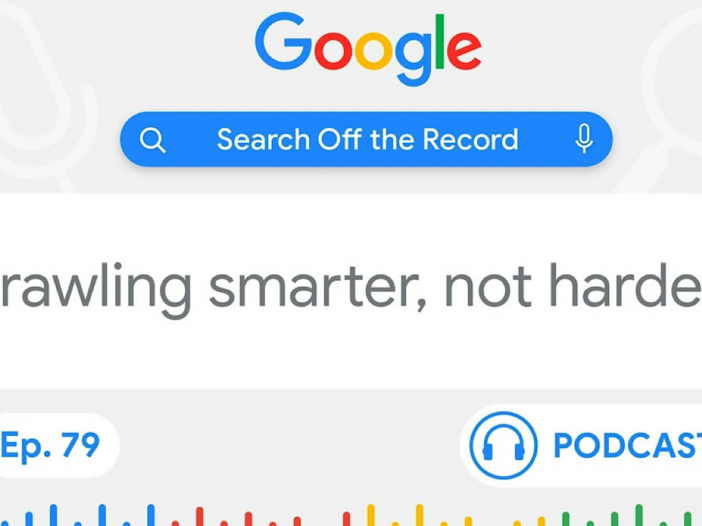
Join this leadership discussion for proven techniques to build long-term relationships and keep your clients coming back.
Discover the latest trends, tips, and strategies in SEO and PPC marketing. Our curated articles offer in-depth analysis, practical advice, and actionable insights to elevate your digital marketing efforts.
In this guide, industry experts explore the challenges and opportunities presented by the onslaught of AI tools, and provide actionable tips for thriving amid these shifts.
Discover the latest trends, tips, and strategies in SEO and PPC marketing. Our curated articles offer in-depth analysis, practical advice, and actionable insights to elevate your digital marketing efforts.
Join three of Reddit’s top executives in this exclusive AMA (Ask Me Anything) to discover how you can tap into Reddit’s unique platform to drive brand growth.
Join this leadership discussion for proven techniques to build long-term relationships and keep your clients coming back.
Google’s Gary Illyes warns of URL parameter issues causing crawler inefficiencies, especially for e-commerce sites.
Gary Illyes, Analyst at Google, has highlighted a major issue for crawlers: URL parameters.
During a recent episode of Google’s Search Off The Record podcast, Illyes explained how parameters can create endless URLs for a single page, causing crawl inefficiencies.
Illyes covered the technical aspects, SEO impact, and potential solutions. He also discussed Google’s past approaches and hinted at future fixes.
This info is especially relevant for large or e-commerce sites.
Illyes explained that URL parameters can create what amounts to an infinite number of URLs for a single page.
He explains:
“Technically, you can add that in one almost infinite–well, de facto infinite–number of parameters to any URL, and the server will just ignore those that don’t alter the response.”
This creates a problem for search engine crawlers.
While these variations might lead to the same content, crawlers can’t know this without visiting each URL. This can lead to inefficient use of crawl resources and indexing issues.
The problem is prevalent among e-commerce websites, which often use URL parameters to track, filter, and sort products.
For instance, a single product page might have multiple URL variations for different color options, sizes, or referral sources.
Illyes pointed out:
“Because you can just add URL parameters to it… it also means that when you are crawling, and crawling in the proper sense like ‘following links,’ then everything– everything becomes much more complicated.”
Related: Crawler Traps: Causes, Solutions & Prevention
Google has grappled with this issue for years. In the past, Google offered a URL Parameters tool in Search Console to help webmasters indicate which parameters were important and which could be ignored.
However, this tool was deprecated in 2022, leaving some SEOs concerned about how to manage this issue.
While Illyes didn’t offer a definitive solution, he hinted at potential approaches:
Related: Google Confirms 3 Ways To Make Googlebot Crawl More
This discussion has several implications for SEO:
URL parameter handling remains tricky for search engines.
Google is working on it, but you should still monitor URL structures and use tools to guide crawlers.
Hear the full discussion in the podcast episode below:
Matt G. Southern, Senior News Writer, has been with Search Engine Journal since 2013. With a bachelor’s degree in communications, …
Conquer your day with daily search marketing news.
Join Our Newsletter.
Get your daily dose of search know-how.
In a world ruled by algorithms, SEJ brings timely, relevant information for SEOs, marketers, and entrepreneurs to optimize and grow their businesses — and careers.
Copyright © 2024 Search Engine Journal. All rights reserved. Published by Alpha Brand Media.